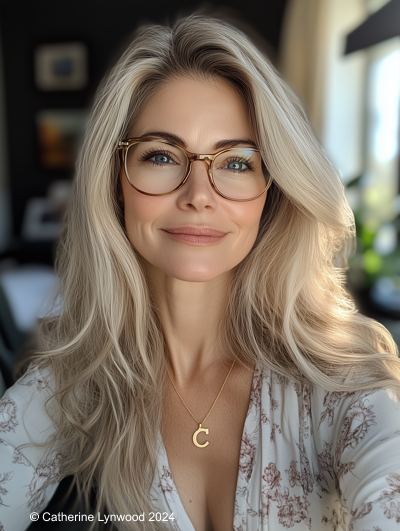No Easy Answers: Embracing Moral Ambiguity in The Alpha Flame
Why I refused neat heroes and villains in telling Maggie and Beth’s story.



No Easy Answers: Embracing Moral Ambiguity in The Alpha Flame
I never wanted The Alpha Flame to be a story with neat lines between good and evil. The real world doesn’t work that way. People hurt each other for complicated reasons. They lie, they protect, they betray, and sometimes they do all three in the same breath.
When I sat down to write Maggie and Beth, I knew I didn’t want perfect victims or flawless heroines. I wanted human beings. Women who make choices you might disagree with. Who lash out when they’re scared. Who protect the people they love, even if it costs them something they can’t get back.
The violence in The Alpha Flame isn’t just physical. It’s psychological. It’s about shame, loyalty, fear, and the things people hide to survive. And that means the characters can’t be simple. They couldn’t be easy to judge, because real people rarely are.
Why It Matters
When you strip away the easy labels, you’re left with the hard questions. What would you do to survive? Who would you protect if you had to choose? What truths would you bury to keep going? I didn’t want readers to feel safe in their judgments. I wanted them to sit with the discomfort of seeing themselves in choices they might not like.
For Maggie and Beth, survival isn’t heroic. It’s messy. It costs them. And it costs other people. They’re not offered clean victories or moral high ground. They’re offered choices, and they have to live with them.
That’s the promise of The Alpha Flame. No easy answers. Just the truth as best as I can tell it. Because fiction doesn’t have to comfort us. Sometimes it should challenge us instead.